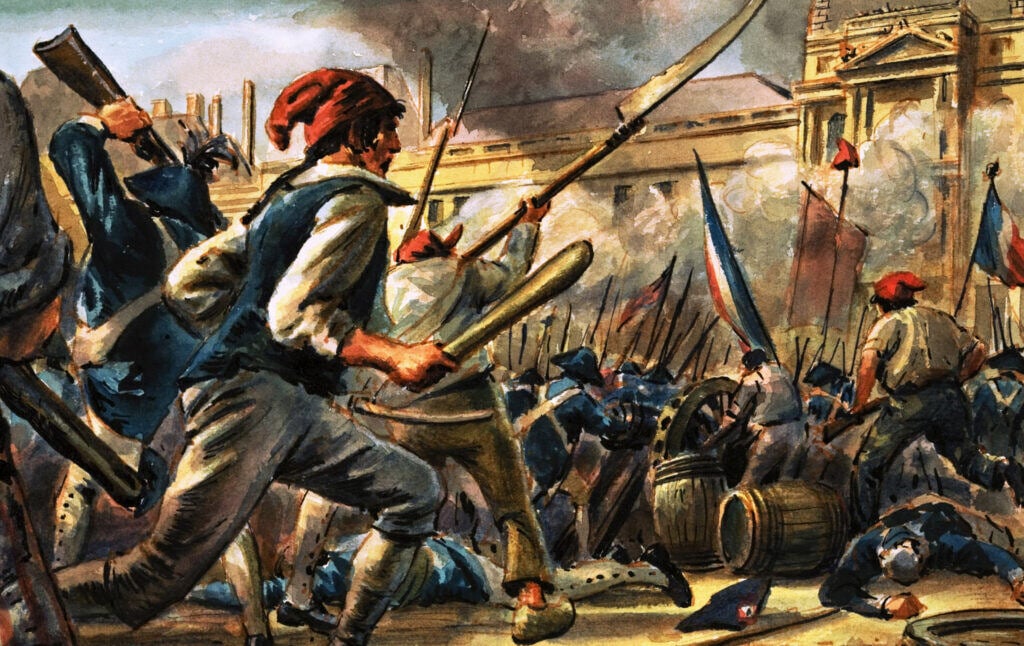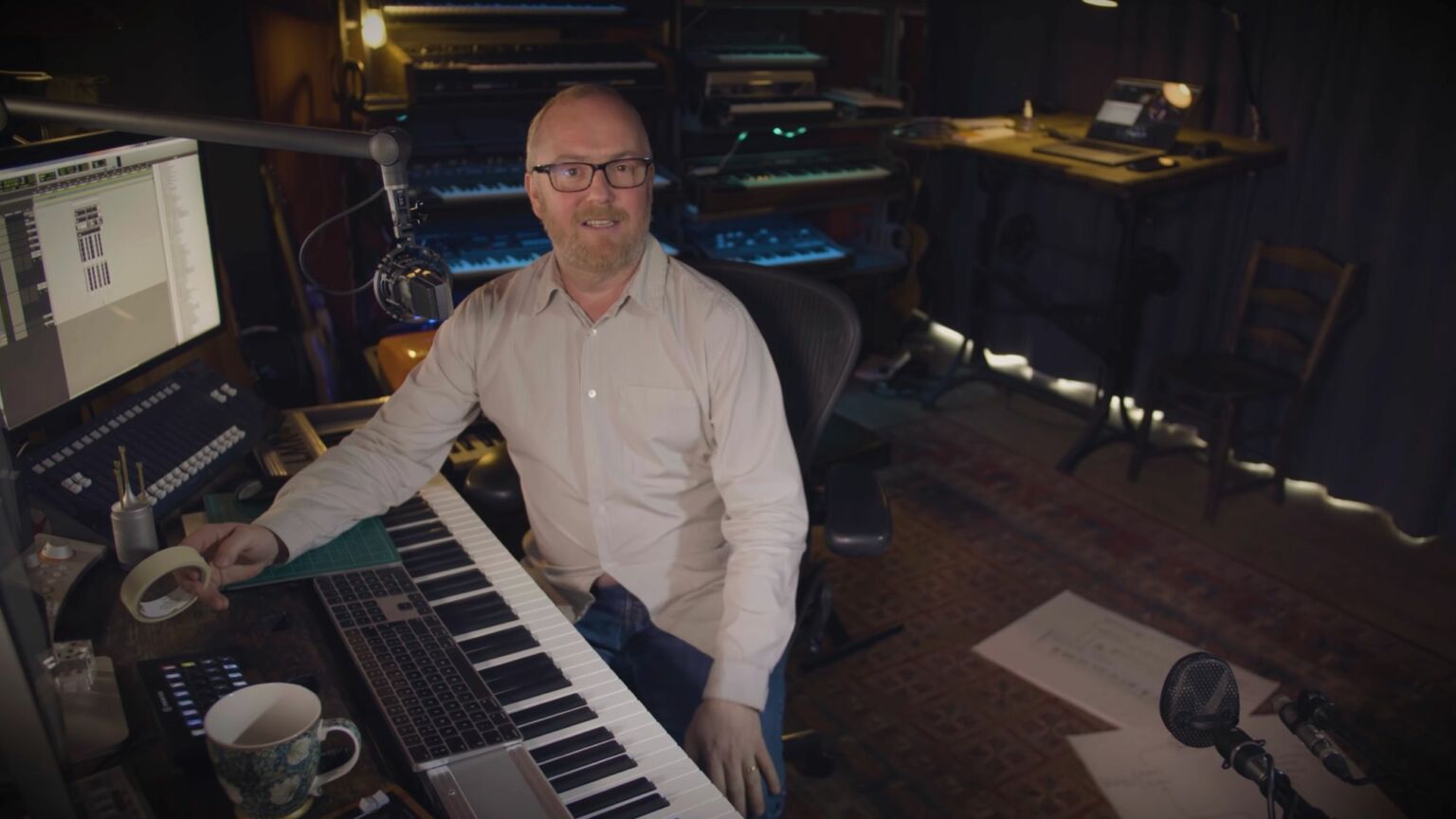A new term to me, as of yesterday, when I first heard it mentioned on the telly.
It does not refer to local authorities, though I did at first wonder. Apparently it refers to the cancellation of previously granted appointments to positions of influence, whether temporary - on alleged grounds of political correctness transgression: i.e. as politicians or public speakers - or career-wise, i.e. as teachers, lecturers, professors, instructors, managers, CEO's, religious leaders. Basically anyone in authority in a position to upset certain individuals or groups in society by insult, defamation or misrepresentation.
Those who resort, or have recourse to means to curtail the public expression of views they find defamatory or degrading of themselves or others they support and wish to protect, are accused of trampling on free expression of views, and initiating a culture of censorship that is automatically antithetical to democracy and democratic values. How can we ever reach the common agreements necessary for maintaining an open society and encouraging tolerance between differing identities and persuasions unless open debate, and with it the right to say whatever one wishes short of provoking violence, is allowed without hindrance?
This is now the argument most vociferously put forward by a populist Right, but with some support from liberal-minded commentators fearing censorship as a first step to dictatorship. On the other side are those claiming both the sensitivities of those under attack and usages of any sort of unsubstantiated abuse language as a pretexts for discrimination, exclusion and victimisation against those historically without power to speak or fight for themselves. The Right claims support for its stance from a silent moral majority fed up with having views and new cultural attitudes it disagrees with thrust upon it; its Centrist supporters argue that it is better to have free speech out in the open for views to be exchanged and agreement reached than for it to be suppressed, causing the very resentment that leads to conflict and violence against disempowered people.
On this mornng's Sunday Morning Live on BBC 1, a young man involved in a discussion under the heading of Cancel Culture demanded evidence that verbal abuse led to violence against those abused. There was no reply to what was an obvious rhetorical question, and the programme conveniently ran out of time; anyone could have cited the anti-semitic persecutions in Germany prior to the Holocaust as an obvious pretext - which was ironic given that the advocate for free speech was from a named Jewish organisation! The setting up of groups as scapegoats for problems not of their making has a long history in the annals of divide-and-rule. As one who well remembers the "No Platform for Fascists" position taken against racists and for example Holocaust deniers, on the grounds of the very toxicity of such views being allowed expression, I now find myself at a loss as to which side is the right one to take in this debate between free spech and no platform for certain views. What do others feel?
It does not refer to local authorities, though I did at first wonder. Apparently it refers to the cancellation of previously granted appointments to positions of influence, whether temporary - on alleged grounds of political correctness transgression: i.e. as politicians or public speakers - or career-wise, i.e. as teachers, lecturers, professors, instructors, managers, CEO's, religious leaders. Basically anyone in authority in a position to upset certain individuals or groups in society by insult, defamation or misrepresentation.
Those who resort, or have recourse to means to curtail the public expression of views they find defamatory or degrading of themselves or others they support and wish to protect, are accused of trampling on free expression of views, and initiating a culture of censorship that is automatically antithetical to democracy and democratic values. How can we ever reach the common agreements necessary for maintaining an open society and encouraging tolerance between differing identities and persuasions unless open debate, and with it the right to say whatever one wishes short of provoking violence, is allowed without hindrance?
This is now the argument most vociferously put forward by a populist Right, but with some support from liberal-minded commentators fearing censorship as a first step to dictatorship. On the other side are those claiming both the sensitivities of those under attack and usages of any sort of unsubstantiated abuse language as a pretexts for discrimination, exclusion and victimisation against those historically without power to speak or fight for themselves. The Right claims support for its stance from a silent moral majority fed up with having views and new cultural attitudes it disagrees with thrust upon it; its Centrist supporters argue that it is better to have free speech out in the open for views to be exchanged and agreement reached than for it to be suppressed, causing the very resentment that leads to conflict and violence against disempowered people.
On this mornng's Sunday Morning Live on BBC 1, a young man involved in a discussion under the heading of Cancel Culture demanded evidence that verbal abuse led to violence against those abused. There was no reply to what was an obvious rhetorical question, and the programme conveniently ran out of time; anyone could have cited the anti-semitic persecutions in Germany prior to the Holocaust as an obvious pretext - which was ironic given that the advocate for free speech was from a named Jewish organisation! The setting up of groups as scapegoats for problems not of their making has a long history in the annals of divide-and-rule. As one who well remembers the "No Platform for Fascists" position taken against racists and for example Holocaust deniers, on the grounds of the very toxicity of such views being allowed expression, I now find myself at a loss as to which side is the right one to take in this debate between free spech and no platform for certain views. What do others feel?
 So, I tend towards anarchism myself, which is a blend of socialism and liberalism, though trying to blend these is a little tricky, one has to weigh up some of the ostensible contradictions.
So, I tend towards anarchism myself, which is a blend of socialism and liberalism, though trying to blend these is a little tricky, one has to weigh up some of the ostensible contradictions. 

Comment